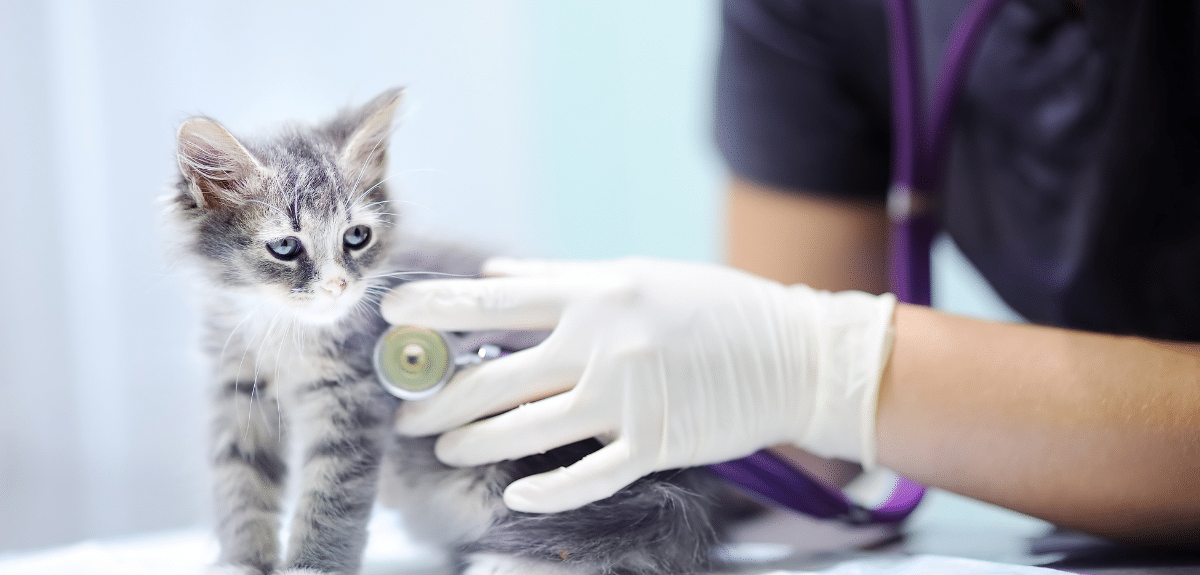This kind of situation can be disappointing and frustrating for a pet owner, and extremely stressful for the veterinarian, sometimes even their worst nightmare.
As veterinarians, we always strive to avoid these situations, even though it’s not always possible. Veterinarians are not infallible, and medicine, along with how patients react, can be full of surprises.
Here are some thoughts and suggestions to help you navigate these often worrying moments, and to guide you toward the appropriate next steps.
Medical error or poor response to treatment?
Just like you, your veterinarian wants every medical or surgical treatment to work perfectly every time. But each patient is unique: some respond beautifully to treatment, others only partially, temporarily, or not at all. Side effects or unexpected reactions, such as allergic reactions, can also occur. All of these factors are important to consider during follow-up care.
The same applies to diagnostic procedures. Whether it’s a physical exam, blood tests, or imaging (like X-rays or ultrasounds), these tests might simply not reveal the cause of your pet’s health problem. However, the information they provide is far from useless. On the contrary, these results help rule out possible causes and guide the next steps in the investigation. In medicine, knowing what your pet doesn’t have is very useful as we’re figuring out what they do have.
Medical error or professional misconduct?
Does a medical error automatically mean the veterinarian has violated the code of ethics or committed professional misconduct?
Not necessarily. A veterinarian is not expected to guarantee results, but must use all necessary and reasonable means based on current scientific knowledge; it is a duty of means, not a duty of results. Guaranteeing an outcome for every intervention would be humanly impossible.
According to the Code of Ethics of Veterinarians, the vet must take all necessary steps and communicate the procedures and available options to the client in order to “formulate their diagnosis with great care.”
The veterinarian must “seek to have a complete understanding of the facts before giving an opinion, providing a service, or offering advice, and must clearly and objectively explain to the client the nature and scope of the problem based on the facts available.” A veterinarian must not “make a diagnosis, begin a preventive program, or prescribe medication without personally conducting an appropriate examination of the animal or group of animals.”
So, while an error may occur, it is not automatically considered professional misconduct. However, the Code of Ethics requires that a veterinarian inform the client as soon as possible of any incident, accident, or complication that could have or has had significant consequences on the health of the animal.
What should you do?
You’ve received some information but still aren’t sure what your options are?
All licensed veterinarians are required to carry professional liability insurance, in the event of a problem that occurs during the course of their professional practice. If you wish to make a claim, the veterinarian will need to forward it to their insurer, who will conduct an investigation. The outcome does not guarantee compensation, but if applicable, the insurer may reimburse all or part of the expenses.
You can also contact the Ordre des médecins vétérinaires du Québec (OMVQ). Like all professional orders, its primary mission is the protection of the public. The Order can inform you of your rights as a client and the veterinarian’s professional duties, including your right to file a complaint with the Office of the Syndic. This office can conduct a separate professional investigation to determine whether breach of professional ethics has occurred.
Communication is key
It’s important to remember that most difficult situations between pet owners and veterinarians arise from poor communication, just like in any other relationship.
If you have doubts about your pet’s condition, the outcome of a treatment, or if you’re unsure whether you fully understood what was explained to you, don’t hesitate to first reach out to your veterinarian. Express your questions or concerns, or simply ask for clarification.





